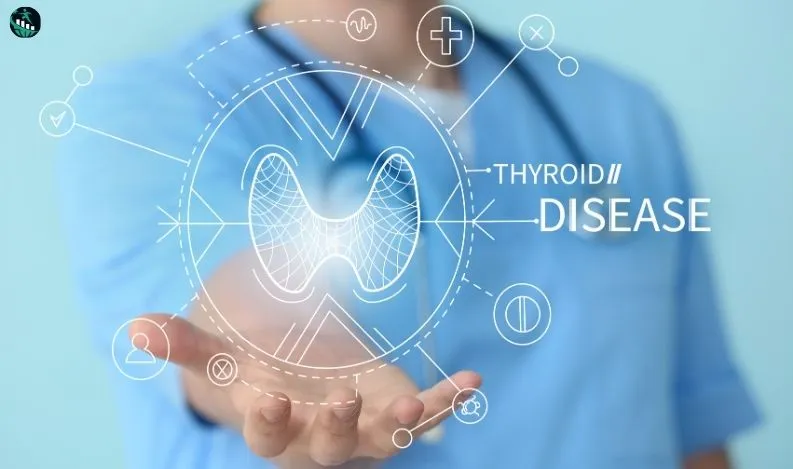
Unveiling New Horizons: The Impact of 7-Day Water Fasting on Cancer
In the continuous quest to discover and harness alternative and supportive cancer therapies, a groundbreaking area of research has emerged, spotlighting the ancient practice of water fasting. A recent study has brought to light the potential benefits of a 7-day water fasting regimen as a complementary approach in the battle against cancer. This blog delves into the science behind this fascinating discovery, its implications, and what it means for individuals seeking adjunctive cancer treatments.
The Science of Water Fasting and Cancer
Water fasting, the act of abstaining from all food and drink except water, is a practice as old as humanity itself, often associated with spiritual and physical cleansing. However, modern science has begun to uncover its potential physiological benefits, especially in relation to cancer. The latest research, conducted by a renowned oncology research institute, suggests that a 7-day water fast can significantly impact cancer cells and the body's response to cancer treatments.
The study found that water fasting helps to:
Induce Autophagy: Autophagy is the body's way of cleaning out damaged cells, to regenerate newer, healthier cells. The research indicates that during a prolonged fast, the rate of autophagy in the body increases, potentially reducing the viability of cancer cells and making them more susceptible to treatments.
Reduce Growth Factors: Specifically, water fasting has been shown to decrease levels of insulin-like growth factor 1 (IGF-1), a protein associated with increased cancer risk when present in high amounts. Lower IGF-1 levels may slow cancer growth and spread.
Enhance Chemotherapy Efficacy: Interestingly, the study suggests that fasting not only protects healthy cells from the toxic effects of chemotherapy but also makes cancer cells more vulnerable to these treatments, possibly improving overall treatment outcomes.
Implications of the Research
This pioneering study illuminates water fasting as a promising adjunct to traditional cancer treatments. By potentially weakening cancer cells and bolstering the body's response to chemotherapy, a 7-day water fast might offer a complementary strategy to enhance cancer care and patient resilience.
However, it's crucial to understand that water fasting, especially for extended periods, is not without risks. The research underscores the importance of medical supervision during such fasting regimens, particularly for individuals with cancer or those undergoing chemotherapy. Nutritional deficiencies, electrolyte imbalances, and other adverse effects can occur, necessitating professional guidance and careful monitoring.
Navigating a 7-Day Water Fast
For those considering a 7-day water fast, whether for cancer treatment support or other health reasons, it's imperative to:
Consult with Healthcare Providers: Before embarking on a fast, especially in the context of cancer treatment, discussing it with your oncologist and a nutritionist is essential.
Understand Your Body: Recognize the signs of when fasting might be causing more harm than good. Symptoms like dizziness, extreme weakness, or abnormal heart rhythms warrant immediate medical attention.
Prepare for the Fast: Gradually reducing food intake and eliminating caffeine, sugar, and processed foods in the days leading up to the fast can make the transition easier and reduce potential withdrawal symptoms.
Post-Fast Care: Breaking a fast properly is as crucial as the fast itself. Introducing foods slowly, starting with liquids and easily digestible foods, is vital to avoid gastrointestinal distress.
The Future of Fasting and Cancer Research
The intriguing findings from this latest research offer a glimmer of hope and a new avenue for exploration in cancer treatment strategies. As we stand on the brink of this scientific frontier, it's important to remember that water fasting is not a standalone cure for cancer but rather a potential adjunct to existing therapies.
Ongoing research and clinical trials will be pivotal in further elucidating the mechanisms through which water fasting impacts cancer and determining the most effective and safe ways to integrate fasting into cancer care protocols.
Conclusion: A Journey of Discovery
The exploration of water fasting as a complementary approach to cancer treatment is a testament to the evolving landscape of oncology and the relentless search for more humane, holistic treatment modalities. While we await more definitive answers and guidelines, the dialogue between traditional healing practices and modern science continues to unfold, offering hope and new possibilities for those touched by cancer.
As we navigate these new waters, let's do so with open minds, cautious optimism, and a commitment to making informed, healthful choices under the guidance of dedicated healthcare professionals.
Also Read:-








Recent Comments: